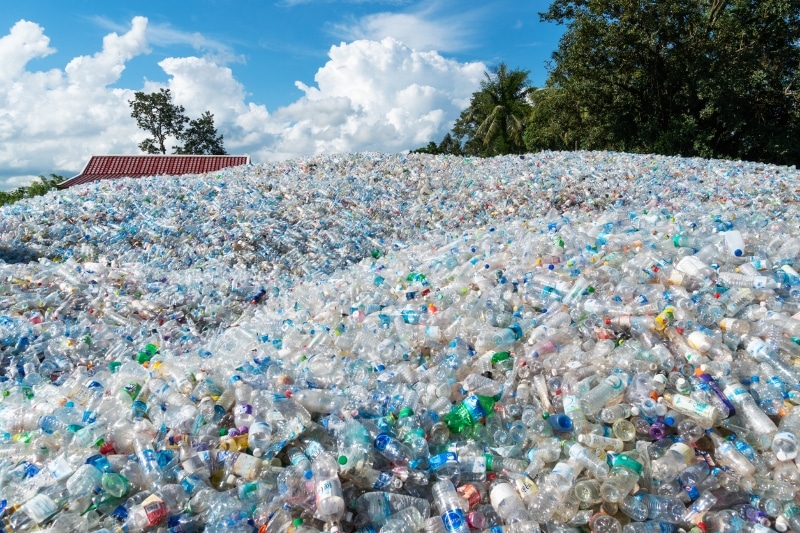The Federation of Thai Industries is urging the Thai government to prioritize plastic recycling as a national agenda item to address the country’s growing plastic waste problem. The nation faces an annual increase in plastic debris, particularly from the manufacturing sector, with serious implications for both the environment and the economy. Industry leaders have warned that without an effective waste management system, plastic pollution could cause long-term damage.
Thititham Pongpanangam, chairman of the FTI’s Plastics Industry Club, noted that while manufacturers are responding to external pressures, such as US tariff policies driving expansion into ASEAN markets, the internal challenge of managing waste remains the key barrier. He emphasized that recycling is critical for the sustainable development of the plastics sector.
Plastics play a central role across multiple industries, accounting for 40% of packaging and significant use in electronics and construction. Thailand’s recycling rate has improved slightly, rising from 18% in 2022 to 22%, equating to approximately 700,000 tons of plastic being reintroduced into production. Despite this progress, high recycling costs compared with producing new plastic from virgin materials remain a major obstacle. Thititham warned that without government support to advance recycling technologies and processes, these costs will continue to limit effective waste reduction.
Veera Kwanloetchit, Director of the PPP Plastics Association Office, recalled that Thailand was once ranked the sixth-largest contributor of plastic waste to the oceans globally in 2016–2017. Although Thailand has pledged to recycle 50,000 tons annually and has projects underway in regions such as Nong Khaem and the Eastern Economic Corridor, further governmental action is needed. Veera emphasized that future efforts should focus on public participation in waste separation and the establishment of a robust national recycling infrastructure.
(Source: The Nation)

